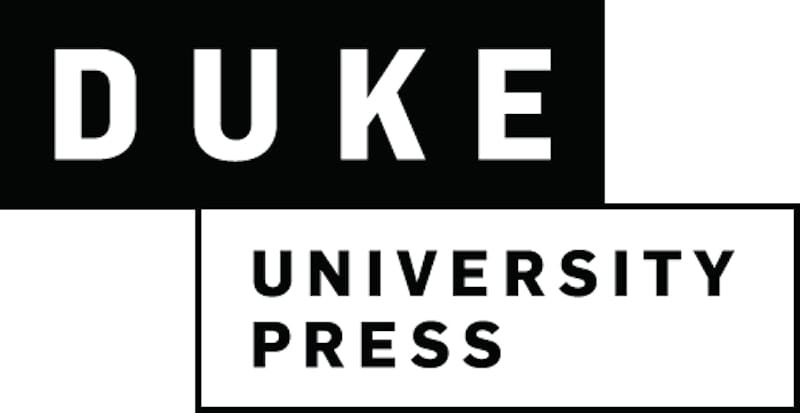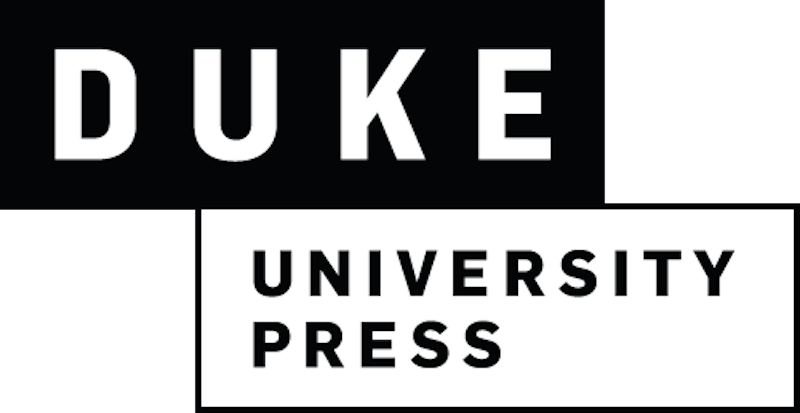Interview: The DUP Workers Union
The trend toward unionization reaches into the University Press world via Duke

Duke University has assets of around $11 billion, including an endowment worth about $4 billion.
Earlier this week, employees at the Duke University Press issued a statement on Twitter about their intention to form a workers union":
I wanted to learn more, so asked the DUP Workers Union to answer a few questions. As you might expect, they are answering inquiries as a group, so answers here have been attributed to “DUP Workers” accordingly.
This fits with a growing trend toward unionization — more media companies have become unionized over the past few years, and we have the Amazon union vote in Alabama currently being counted. The demands of unions are evolving, as well.
It’s also worth noting that the Supreme Court is currently considering a case that would allow college athletes to demand to be paid.
I hope you find this informative.
You’ve just stated the desire to form a workers union for employees of Duke University Press, with the hope that the union will be voluntarily recognized by Duke University. Are there other unions at Duke? What discussions occurred with DUP leadership or Duke leaders prior to your declaration of intent?
DUP Workers: Non-tenure track faculty recently formed a union, and maintenance and housekeeping workers have been unionized since the Civil Rights era. There are also unions for bus drivers and operating engineers.
Many folks at Duke University Press, staff and managers alike, have been working very hard for years to make the press a more just and equitable workplace, with much of that work being done by an outstanding equity and inclusion working group, but the limits of what this group could accomplish have become increasingly clear. Press management has tried to address some of what they perceive to be the problems staff members have, but their responses are very top down, the decisions are made without actual staff input, and very often they miss the mark.

Why now? Was there a precipitating factor?
DUP Workers: Almost two years ago, a building across the street from our office exploded, and two people sadly died. The evacuation and aftermath exposed problems in our workplace that could no longer be ignored. Our central administration leadership was very stingy with sharing information, and it fell upon regular staff to fill the vacuum. But these staff members were reprimanded for stepping up in a crisis. Our management found it more important to remain in control than to help their workers through a crisis, and that’s really what showed us that we had to look out for each other.
Things have slowly percolated in the intervening time, and we launched this week because we have majority support.
If Duke doesn’t voluntarily recognize the union, what will you do next?
DUP Workers: If Duke doesn’t voluntarily recognize us, we will be filing union authorization cards with the National Labor Relations Board (NLRB) to petition for a union election.
In addition to stating your intentions and setting up social media and online sites in support of your unionization efforts, you’ve also enlisted support from authors and editors. How did that roll out? What’s the reaction been like?
DUP Workers: We’ve had resounding support from authors and editors. Duke University Press is one of the top publishers in justice and equity, and our authors know that the press needs to live up to the ideals it espouses.
If you had to identify three major issues or issue areas the union wishes to address, what would they be? How wide a gap with Duke and DUP do you believe needs to be closed?
DUP Workers: These are outlined in part in our mission statement, and a lot of it will be determined through a bargaining survey to our coworkers which won’t be circulated until we’re closer to meeting with Duke to negotiate. But broad themes of what we’d like to see changed based on our conversations with coworkers indicate that we’ll be seeking improvements to policies surrounding FMLA, hiring practices, position vacancies, and equity and inclusion practices.
How would the union work if recognized by Duke? What would happen next? How would it fund and structure itself?
DUP Workers: After being voluntarily recognized or winning an election held by the NLRB, we would negotiate a contract with Duke covering pay, benefits, and working conditions. New unions (and existing unions negotiating new contacts) survey members and have town hall meetings prior to contract negotiations to evaluate members' priorities for the contract. All of our decision making will be democratic; we will elect officers, including representatives for the negotiations.
How has the reception been in general to the idea? What kind of state-level environment are you facing? In the local area?
DUP Workers: North Carolina has historically been hostile to unions. It’s been a right-to-work state since 1947, which means that no worker is required to be a union member. Locally, Durham is one of the most progressive cities in the country, but the city has little control over labor laws. We’re proud to have the support of numerous members of local government. Duke University, meanwhile, has a long history of fighting against labor unions. There’s even a book — Caring By The Hour by Karen Brodkin (University of Illinois Press, 1988) — about Duke’s fight against the nurses union in the 1970s. We hope Duke University will do the right thing this time and voluntarily recognize us so we can start working together to fix the problems at DUP.
As you look across the information landscape, are there particular models for this you’ve identified?
DUP Workers: There has been an increasing number of new unions forming in publishing, nonprofits, and other related fields. Verso Books, Buzzfeed, Wired, Ars Technica, Lambda Legal, and the Southern Poverty Law Center to name a few. They’ve all shown how workers can use their power to help improve their workplaces while also maintaining or strengthening their respective missions.
We’ve also been inspired by the progressive scholarship we publish at DUP which lifts up diverse voices and argues for social justice and the rights of oppressed people around the world. We hope to make our work culture more in line with the worlds they outline.
“The Geyser” works hard to bring you information from the leading edge of issues in technology, publishing, and society — and where these interact. Please support our efforts with a monthly or annual subscription.
Thank you.